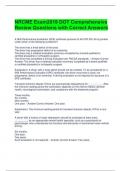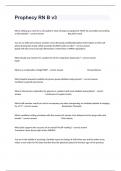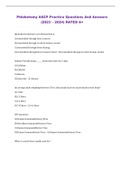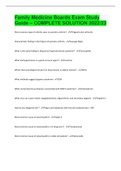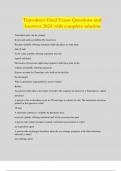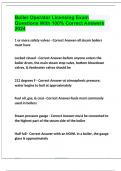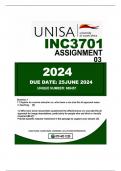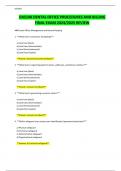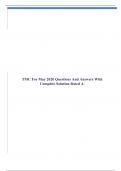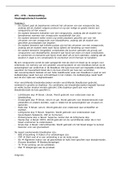Exam (elaborations)
NRCME Exam2019 DOT Comprehensive Review Questions with Correct Answers
- Course
- Institution
NRCME Exam2019 DOT Comprehensive Review Questions with Correct Answers A Skill Performance Evaluation (SPE) certificate pursuant to 49 CFR 391.49 is granted under which of the following conditions? The driver has a fixed deficit of the torso. The driver has progressive deficit of an extre...
[Show more]
